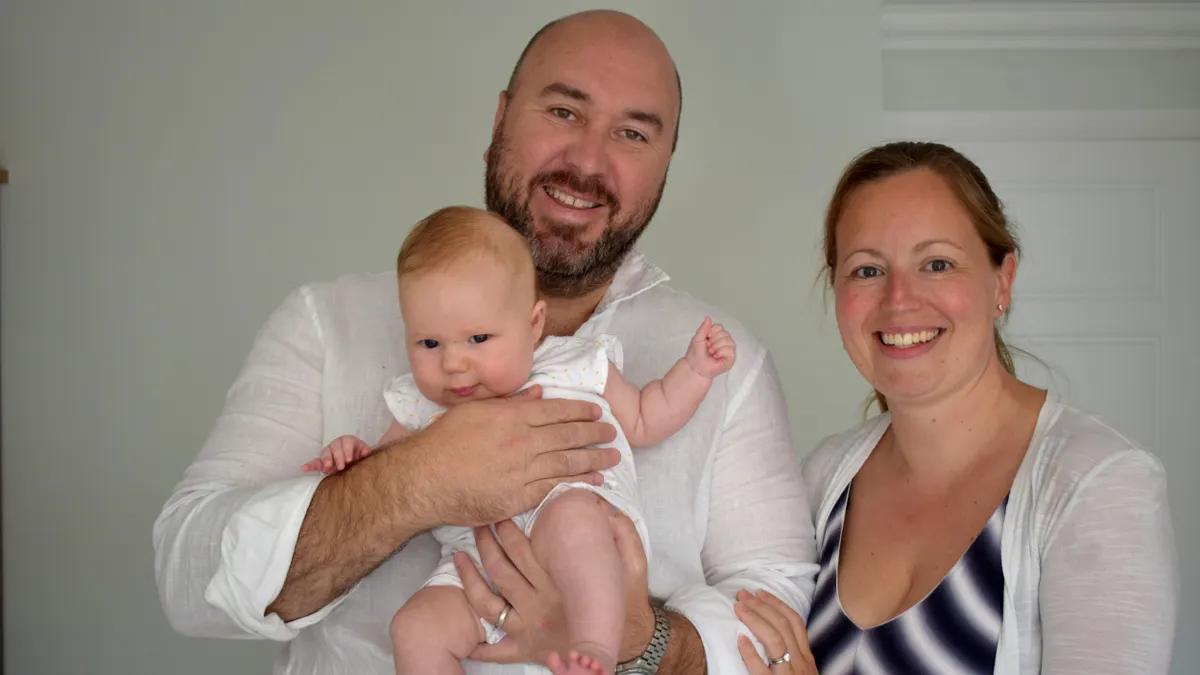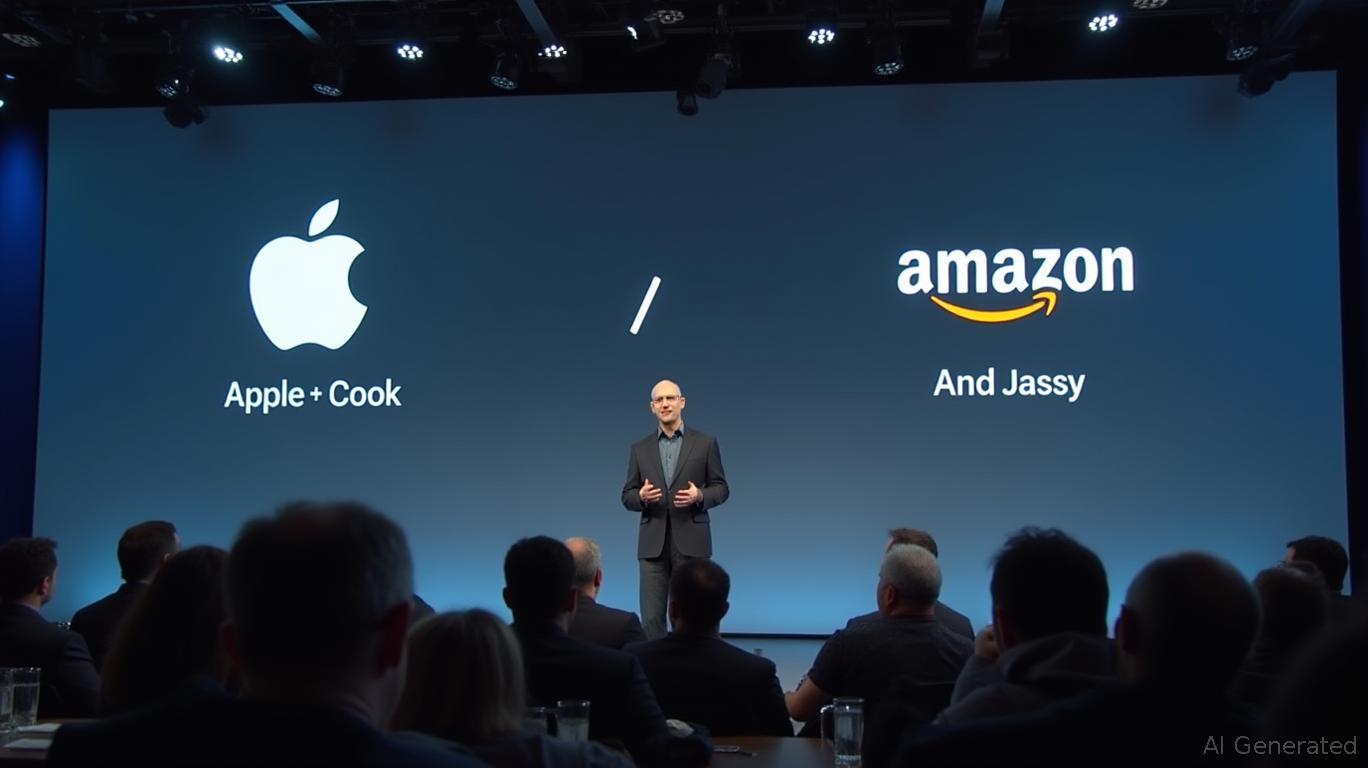In a remarkable medical breakthrough that offers new hope to brain cancer patients worldwide, Ben Trotman, a 40-year-old man diagnosed with glioblastoma in 2022, shows no signs of the deadliest form of brain cancer after participating in an experimental drug trial.
Glioblastoma, the most aggressive cancerous brain tumor, typically gives patients an average of 15 months to live after diagnosis, with a five-year survival rate of just 6.9%. For Trotman, however, an innovative immunotherapy approach has defied these grim statistics.
A Desperate Diagnosis Meets Cutting-Edge Science
Trotman was referred to The National Hospital for Neurology and Neurosurgery at University College London Hospitals (UCLH), where he was treated by consultant UCLH medical oncologist Dr. Paul Mulholland. What made his case unique was that he became the sole participant in a groundbreaking clinical trial that would ultimately close due to lack of enrollment.
The treatment involved ipilimumab, a targeted immunotherapy medication that works as an antibody binding to proteins on immune cells (T cells), preventing cancer cells from suppressing the immune system so it can attack and kill the cancer.
Understanding the Science Behind the Success
Immunotherapy represents a revolutionary approach to cancer treatment, fundamentally different from traditional chemotherapy and radiation. Here’s how this treatment works:
- Immune System Activation: Immunotherapy drugs work by harnessing the body’s immune system to destroy cancer cells
- Checkpoint Inhibition: Ipilimumab specifically targets immune checkpoints that cancer cells use to hide from the body’s natural defenses
- Targeted Approach: Unlike conventional treatments that damage healthy cells, immunotherapy focuses on empowering the immune system to recognize and eliminate cancer cells
Against All Odds: Remarkable Recovery
More than two years later, Trotman’s quarterly scans show no signs of cancer. His oncologist, Dr. Mulholland, noted: “It is very unusual to have a clear scan with glioblastoma, especially when he didn’t have the follow-up surgery that had been planned to remove all of the tumor that was initially visible on scans”.
The success is particularly extraordinary given that glioblastoma has historically been resistant to immunotherapy treatments. Despite continued efforts over several decades to develop new therapies for glioblastoma, none has appreciably improved how long patients live.
Personal Triumph Amid Medical Innovation
Two months after receiving the ipilimumab treatment, Trotman married his wife, Emily. In April 2025, they welcomed their daughter, Mabel.
Emily Trotman reflected on their journey: “Getting this diagnosis was the most traumatic experience — we were grappling with the fact that Ben had gone from being apparently perfectly healthy to having months to live”.
She added, “Had we not met Dr. Mulholland, that would have been it for us. We felt we had a lucky break in an otherwise devastating situation”.
The Broader Implications for Brain Cancer Treatment
While Trotman’s case represents a single success story, it opens important doors for future research and treatment approaches:
- New Clinical Trials: Dr. Mulholland and his team are working hard to open more trials, including in newly diagnosed patients
- Alternative Approaches: Researchers are exploring various immunotherapy combinations and delivery methods
- Personalized Medicine: Each patient’s unique tumor characteristics may determine which immunotherapy approach works best
Challenges and Future Directions
Despite this breakthrough, significant challenges remain in treating glioblastoma:
- Blood-Brain Barrier: These hard-to-reach brain tumors hide behind the blood-brain barrier, where immune cells struggle to reach and eliminate them
- Treatment Resistance: To date, immunotherapy has not been effective in treating glioblastoma, but it has been shown to slow or even eradicate other types of cancer
- Limited Trial Participation: The closure of Trotman’s trial due to lack of patients highlights recruitment challenges
Hope for the Future
Ben Trotman expressed cautious optimism: “We obviously don’t know what the future holds, but having had the immunotherapy treatment and getting these encouraging scan results has given us a bit of hope”.
This case, while exceptional, demonstrates that even the most aggressive brain cancers may not be invincible. As researchers continue to develop and refine immunotherapy approaches, more patients may benefit from these innovative treatments.
What This Means for Current Patients
For those currently battling glioblastoma or supporting loved ones through this diagnosis, Trotman’s story offers several key takeaways:
- Clinical trials may offer access to cutting-edge treatments not yet widely available
- Early intervention and specialized care at major cancer centers can make a difference
- Immunotherapy, while not universally effective, represents a promising frontier in brain cancer treatment
- Every patient’s response to treatment is unique, and unexpected positive outcomes are possible
As medical science continues to advance, stories like Ben Trotman’s remind us that perseverance, innovative research, and access to experimental treatments can sometimes achieve what once seemed impossible.
The Road Ahead
While one success story doesn’t guarantee a cure for all glioblastoma patients, it illuminates a path forward. Researchers worldwide are now working to understand why some patients respond exceptionally well to immunotherapy while others don’t.
The medical community continues to push boundaries, combining traditional treatments with innovative approaches, hoping to transform glioblastoma from a death sentence into a manageable condition.
For the Trotman family, each clear scan represents not just medical success, but the gift of time together—watching their daughter grow, celebrating milestones, and cherishing moments that once seemed impossible.














